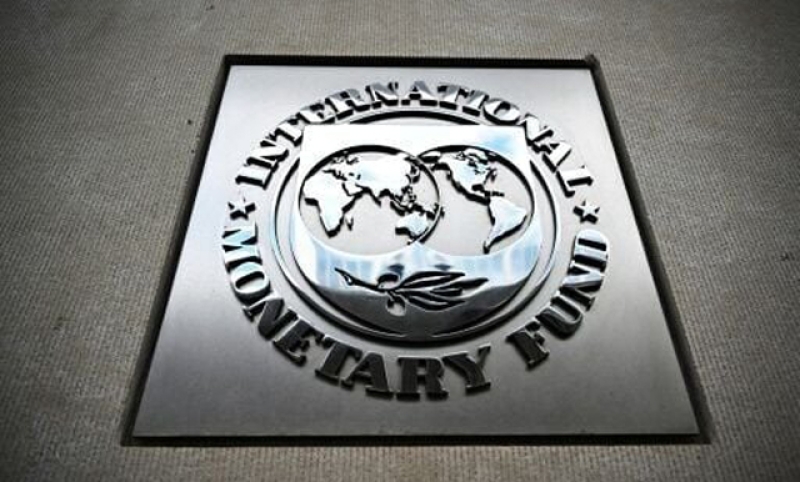- Bangladesh Heads to First Gen Z-Driven Competitive Poll |
- EC Lifts Mobile Phone Ban, Bars Photos Inside Booths |
- Youth participation vital to BD’s democratic future: C’wealth Group |
- Stocks retreat on week’s first trading day as turnover drops |
- Free education for girls up to honours if BNP wins: Zubaida Rahman |
Ukraine gets draft approval for $2.2 bn IMF payout

Ukraine is set to receive a $2.2 billion payout from the IMF after successfully meeting the terms of an existing loan program, the Washington-based financial institution said Friday at the end of a five-day staff mission to the country.
The much-needed funds, which are still subject to approval by the International Monetary Fund's executive board, follow Ukraine's completion of the fourth review of its existing four-year IMF loan program, worth roughly $15.4 billion.
The agreement forms part of a $122 billion international support package designed to help Ukraine's economy amid the ongoing Russian invasion of the country, now well into its third year.
"Performance under the program has remained strong despite the challenges of the war, with all quantitative performance criteria met, and one structural benchmark met and another implemented with a short delay," IMF Ukraine mission chief Gavin Gray said in a statement. After taking a significant hit at the onset of the Russian invasion in 2022, Ukraine's economy has recovered somewhat, and is on track to grow by 3.2 percent this year, while inflation has continued to ease, according to a recent IMF estimate.
The IMF staff level agreement comes just over a month after the US Congress passed a stalled foreign aid package that included $61 billion meant to help Kyiv's forces push back against Russia, reports BSS.
"After a challenging period of liquidity strains earlier in the year due to external financing delays, external budget support for 2024 resumed and should continue to be disbursed on a timely basis to help maintain economic stability," Gray said.
"Fiscal financing needs remain very high in 2024," he continued, adding that the authorities were making progress on restructuring commercial external debt, which forms part of the IMF-backed reform program.
These reforms are "essential to create space for high priority expenditures and to help bring debt back to sustainable levels," he said.

